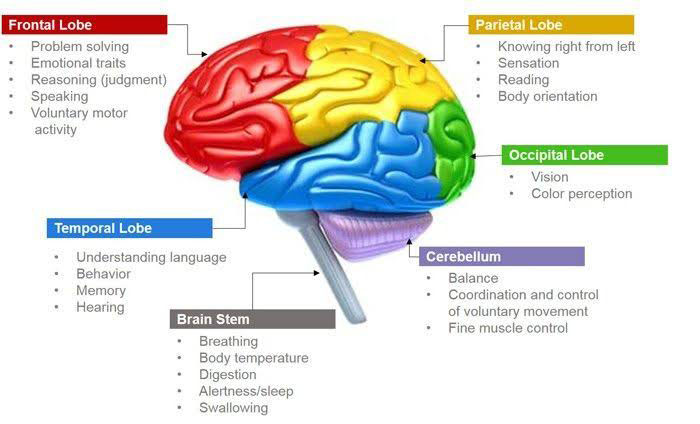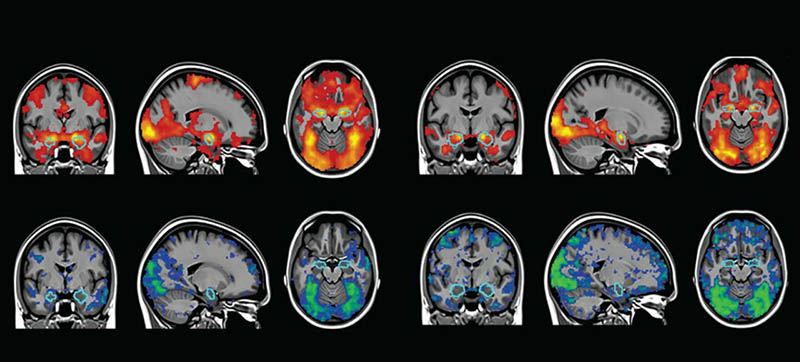

Neuropsychologists identify and treat conditions related to the brain and nervous system. Illness or injury to the brain or nervous system affects our thoughts, cognitive processing, emotional functioning and behaviour.
Neuropsychological assessments provide essential information about the brain and behaviour of people with neurocognitive disorders. These assessments can also help with the diagnostic process and designing optimal treatment plans tailored to manage neuropsychological conditions for people of all ages.
Neuropsychological assessments help identify neurological disorders and offer treatment for known or suspected neurological or cognitive disorders in people of all ages.
Neuropsychological assessments are not always used for diagnosis - they can also be helpful in confirming whether changes in cognitive decline are typical for your age group and monitor people with existing conditions by tracking if their condition is improving or stable.
People often seek the help of a neuropsychologist when they experience notable changes in their thinking, mood, and ability to concentrate or remember, as well as changes in their bodily functions. Difficulties in these areas can be highly distressing to people experiencing them, as they can interfere with their ability to function or complete day-to-day activities.
The neuropsychological assessment can help distinguish whether symptoms are related to a brain injury, mental health conditions such as depression, movement disorders such as Parkinson's disease and/or neurodevelopmental disorders such as autism, Aspergers and ADHD.
If you notice changes in your memory, speech, decision-making abilities and attention - making it difficult for you to function and cope in everyday life - you may need to see a neuropsychologist.
Changes in thinking, such as memory, attention, planning and problem-solving, are typically experienced after a stroke, brain trauma or injury and in types of dementia such as Alzheimer's disease. A neuropsychological assessment can help.

By examining the relationship between brain functioning and a person's behaviour, neuropsychologists can effectively diagnose impairments and understand the causes of these impairments to make informed treatment decisions.
Through neuropsychological assessments, Aqeela can:
At Neuro Psych Health, our neuropsychological assessment process begins with standard initial forms that everyone completes via our online portal. These forms are designed to gather as much information about your life and some aspects of your family. Additional surveys or questionnaires may be included depending on your specific situation and the symptoms you are experiencing.
The assessment will involve an interview to learn about your medical history and current symptoms and how they affect your life. Then, depending on your symptoms, we may give you different tests - for example, an IQ test, a written test, puzzles or games. These help identify your strengths and weaknesses in areas of concentration, memory, language skills, motor functions and problem-solving.
Please note: Late arrival may result in rescheduling.

Once the assessment is complete, your assessment will be interpreted by comparing your score to the scores of healthy individuals of similar demographics (age, educational background and sex) while considering your circumstances to determine dysfunction in cognitive functioning.
Upon completing your assessment, Aqeela will write a report on the finding, including your diagnosis and treatment options. MRI or CT scans are sometimes needed to rule out tumours or diseases. In this case, Aqeela will refer you to the appropriate facilities for these scans.
Lastly, a follow-up appointment will be scheduled to discuss your report and possible treatment options.
Visit us:Suite 113, 1st Floor, 95 Klipfontein Road, Rondebosch Medical Centre
Visit us:Sandton Intercare - 200 Rivonia Road